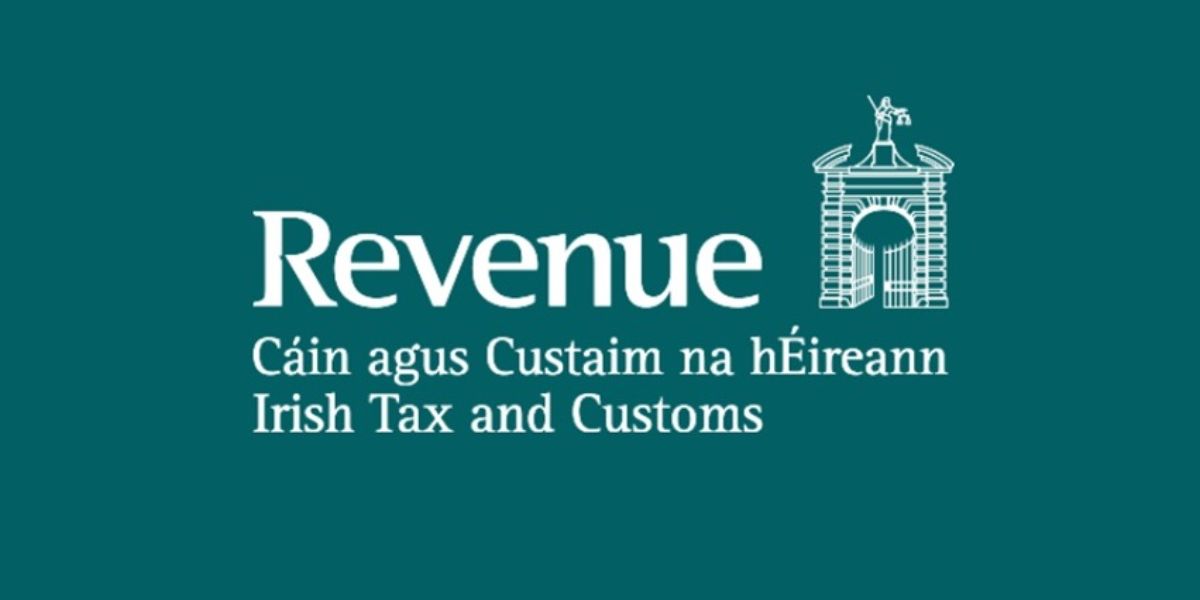On 12 November 2021, the Finance Minister, Paschal Donohoe T.D., appreciated the approval by Government to a number of Government amendments to be put down at Committee Stage of the Finance Bill 2021. The Minster has decided not to proceed with section 62 of the Bill relating to the tax treatment of interest-free or low interest loans as he believes greater consideration needs to be given to the proposal. The Committee Stage of the Finance Bill 2021 is scheduled for 16 – 18 November, and Report Stage for 30 November and 1 December 2021.
Income Tax
An amendment is proposed to include a commencement provision to clarify that the USC changes announced in the Budget will apply for the 2022 year of assessment and subsequent years of assessment.
Capital acquisitions tax
The Government proposed to introduce a new section to clarify the treatment of non-cash prizes for Capital Acquisitions Tax. This proposed amendment removes an anomaly between the treatment of non-cash prizes from raffles and draws in legislation and in practice. It ensures that Capital Acquisitions Tax does not arise on non-cash prizes won in raffles and draws, provided such raffles and draws are conducted in a bona fide manner.
The Minster for Finance has made the decision not to proceed with section 62 of the Finance Bill as he believes greater consideration needs to be given to the proposal to value the free use of cash in a Capital Acquisitions Tax context.
Capital gains tax
It is proposed to introduce a new section to clarify the treatment of the disposal of property through raffles or draws for the purposes of Capital Gains Tax. This proposed amendment does not change the position that Capital Gains Tax does not apply to non-cash prizes from raffles and draws. Rather it ensures that, where a principal primary residence is disposed of through a raffle or draw, the principal primary residence (PPR) CGT relief is limited to gains made up to the market value of the property. Any gain over and above the market value of the property would be subject to CGT.
Excise duty
This proposed amendment provides the legal basis for the waiver of excise duty on Special Exemption Orders granted to holders of on-licences fees, which is being applied by Revenue on an administrative basis at present.
Miscellaneous
Section 75 of the Bill as published inserts a new section 1086A into the Taxes Consolidation Act 1997 to provide a new regime for publication of the list of tax defaulters.
A committee stage amendment to section 75 is proposed to ensure that a qualifying disclosure of an excise matter will be treated the same as qualifying disclosures under other taxes.
Residential zoned land tax
A number of minor technical amendments are being made to ensure that the cross-referencing throughout the legislation is correct, and references to other bodies of legislation for the purposes of the definitions contained in section 653A are accurate.
A new forfeiture provision is being introduced to cater for a situation where the owner of a site within the scope of Residential Zoned Land Tax cannot be identified and the tax and interest due and payable exceeds 110% of the market value of the site.
A number of changes are to be made to the maps section of the legislation. These include greater clarity being provided regarding commercial businesses which can be excluded from the scope of the tax when they are integral to a residential community and a one month cut-off point prior to the publication of draft and supplemental maps which will provide Local Authorities with sufficient time to prepare maps.
There is also an amendment in relation to the mixed sites provision which provides for the cessation of the tax where a commercial development commences. In order to avoid abuse of this provision, there has to be a significant level of activity. This amending provision is designed to facilitate a situation where there is little activity at the outset, and therefore the tax continues to be paid, but subsequently significant work commences, so the site in question is no longer subject to the tax.















